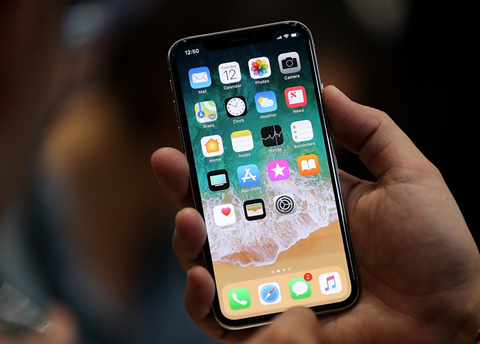Photo taken by me on Thursday, 13 June 2019, near the Sinapog River bridge east of Asingan, Pangasinan, overlooking fields of rice and fruit trees growing, and much water.
I’m showing you this photograph because you, the looker, is at a vantage point – you are above all else, and you should be able to think of things to make things better. Like saving on water. Like multiple cropping with rice. Like growing young cacao with fruit trees as mother trees. Like growing more bananas. And attracting more farm tourists!
“What Else?” is my brand new question that is actually a new rendering of a 16-year-old idea I called The Geography Of Knowledge, the title of the book I single-mindedly & singlehandedly wrote while consulting with PhilRice via then-Executive Director Leo Sebastian. An ebook, published on Innocents Day, 28 December 2003. At PhilRice headquarters in Maligaya in Muñoz, Nueva Ecija, I submitted a copy of the pdf of 198 pages, 7” x 9” trim size, to Roger Barroga (God bless his soul), who was my direct boss at that time. Sadly, The Geography Of Knowledge went nowhere! (To see it, email me for a free copy, frankahilario@gmail.com.)
Let’s rediscover it.
The Geography Of Knowledge can be summarized into only 1 word: Options.
Today, I translate “Options” into “What Else?”
Actually, aside from being a creative science writer, I see myself with the old-new role as asker of What Else? in the new PH Agriculture under Secretary of Agriculture William Dar – who prefers the more friendly title “Manong Willie” (Manongfrom the Ilocano word meaning elder brother or kuya) – Frank H as a Manong librarian of continuing knowledge for farmers whom we must relieve from the shackles of poverty permanently and sustainably. To escape, first of all our farmers must become business-minded, if humble. They must stop buying those expensive inputs, or borrowing from “friendly” usurers, and/or selling to “approachable” merchants.
So, I have been thinking back to 16 years ago, back to that geography of knowledge, of proposing to Manong Willie the setting up of an innovative, farmer-friendly library of science and experience in agriculture, with high school-friendly English as the initial language of inquiry via the Internet using a personal computer and/or a cellphone. Of course, the texts in the knowledge bank will be high school-friendly English as possible, so that even illiterate farmers can mine the treasures via their high school children.
That What Else? Library In The Sky works like this:
Type “seeds” (with/without double quotes) and you get something like this (from 123RF.com):
Click your chosen icon to search further....
You can go back and retrace yourself anytime. Or make a new search with a new word combination, like “rice supermarket” – with or without quotes – and you get other icons or combinations of icon-text to lead you further, until you reach what you want, or like.
We must educate without schooling the illiterate farmers via their high schoolers. Then we can look forward to seeing millions of farmers with happy faces!@517












